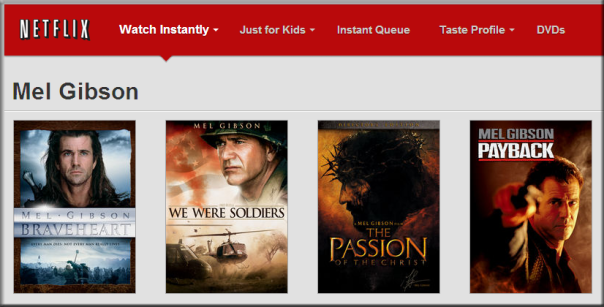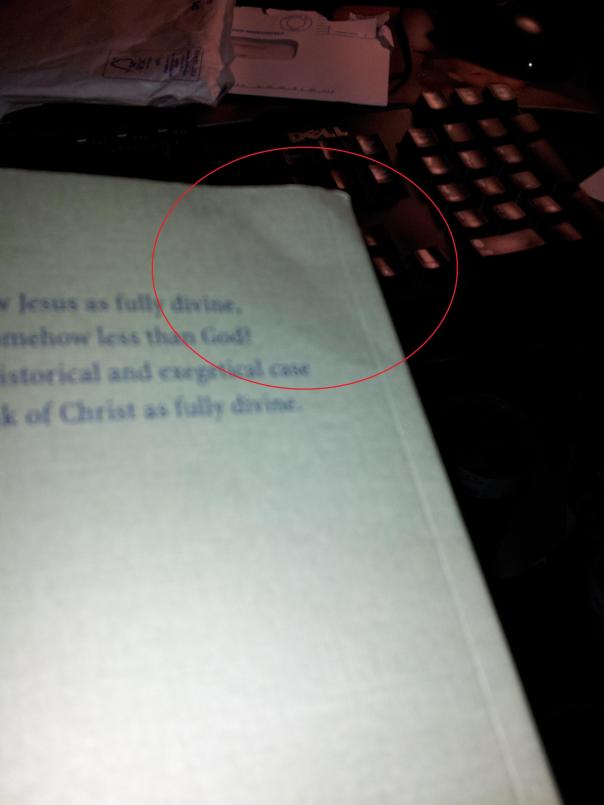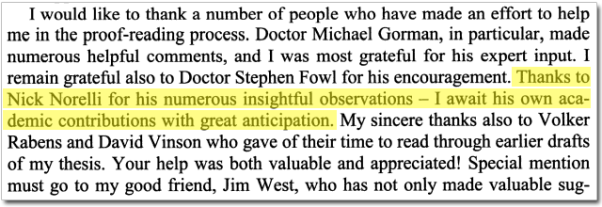Here’s some brief thoughts on the movies I can remember watching in the past couple of months.
Steal — Watched this yesterday and it was a complete waste of time. Not a very inventive take on the heist/double-cross genre. Terrible acting; lame action; and no real plot to speak of.
Blitz — I honestly expected more from this one. Jason Statham flicks are usually pretty good. This one was boring. You know who the killer is from the jump and you just wait 90 minutes to see him get killed. Not much going for it.
Coastlines — I honestly can’t remember what this was about, which should tell you how good it was. Completely forgettable. All I know is that Timothy Olyphant was in it.
Hostel: Part III — Nothing will ever top the first installment in this franchise but this is definitely the worst. I don’t think Eli Roth had anything to do with this one, which clearly hurt it. Still, it was better than most Saw sequels. It had an ending similar to the remake of The Last House on the Left or the Masters of Horror episode “Family.”
Super 8 — Way better than I thought it would be. I watched this with my daughter and was a little put off by all the cursing, which came mainly from the hefty kid, but it had that classic Spielberg feel to it. J. J. Abrams did a great job with this one. I thought the story was good, the action was intense, and the acting was believable.
Seeking Justice — I’ve said it before and I’ll say it again; Nicholas Cage flicks are hit or miss. This one could go either way. I like the idea of it (a semi-secret society of vigilantes who right the wrongs that the law just can’t), but I’m not sure they pulled it off as well as they could have.
Warrior — Awesome film about two estranged brothers who end up reuniting in an MMA tournament. They’re both fighting for different, yet noble, reasons, but there can only be one winner. Great story; greater acting; and the fighting was authentic.
Medium Raw — If they weren’t speaking English I would have thought that this was a foreign film. It was lame. Some stupid riff on Little Red Riding Hood with a cop and some others trapped in an Asylum where the homicidal patients are on the loose. Not worth anyone’s time.
The Howling Reborn — If you wanna reboot a series this isn’t the way to do it. I couldn’t follow the story and I couldn’t bring myself to care about any of the characters or anything that was happening. It made me long for the horrible Howling flicks of my youth because no matter how bad they were, they were better than this!
Son of No One — Another lame movie with a lackluster plot. Some kid killed a couple of people when he was like 8 or 10 or something; he grows up to be a cop; and all of a sudden it starts to come out. Only the person telling isn’t after the kid turned cop; they’re after the cops who covered up the murders 20 some-odd years earlier. This might have been the biggest waste of talent (Ray Liotta & Al Pacino) that I’ve ever seen.
The Dark Knight Rises — I preferred The Dark Knight to this one; but that’s not to say that this wasn’t brilliant. Bane was a nice change of pace even if he didn’t prove to be the real villain running the show. I liked how Nolan integrated the previous two films into this one and this definitely felt like the most psychological out of the bunch.
So as you can tell; I haven’t seen a lot of good movies (that I can remember at least) in the last couple of months. Hopefully that’ll change.
B”H
 Reeves, Michael.
Reeves, Michael. 


